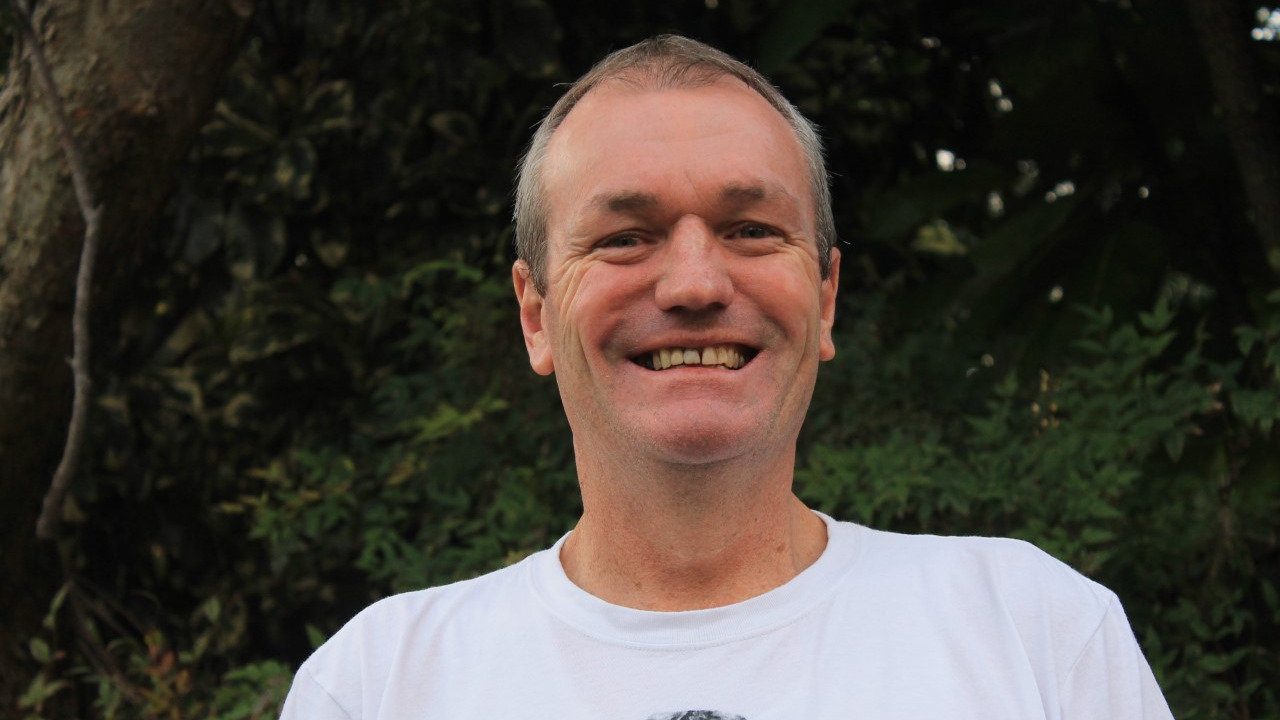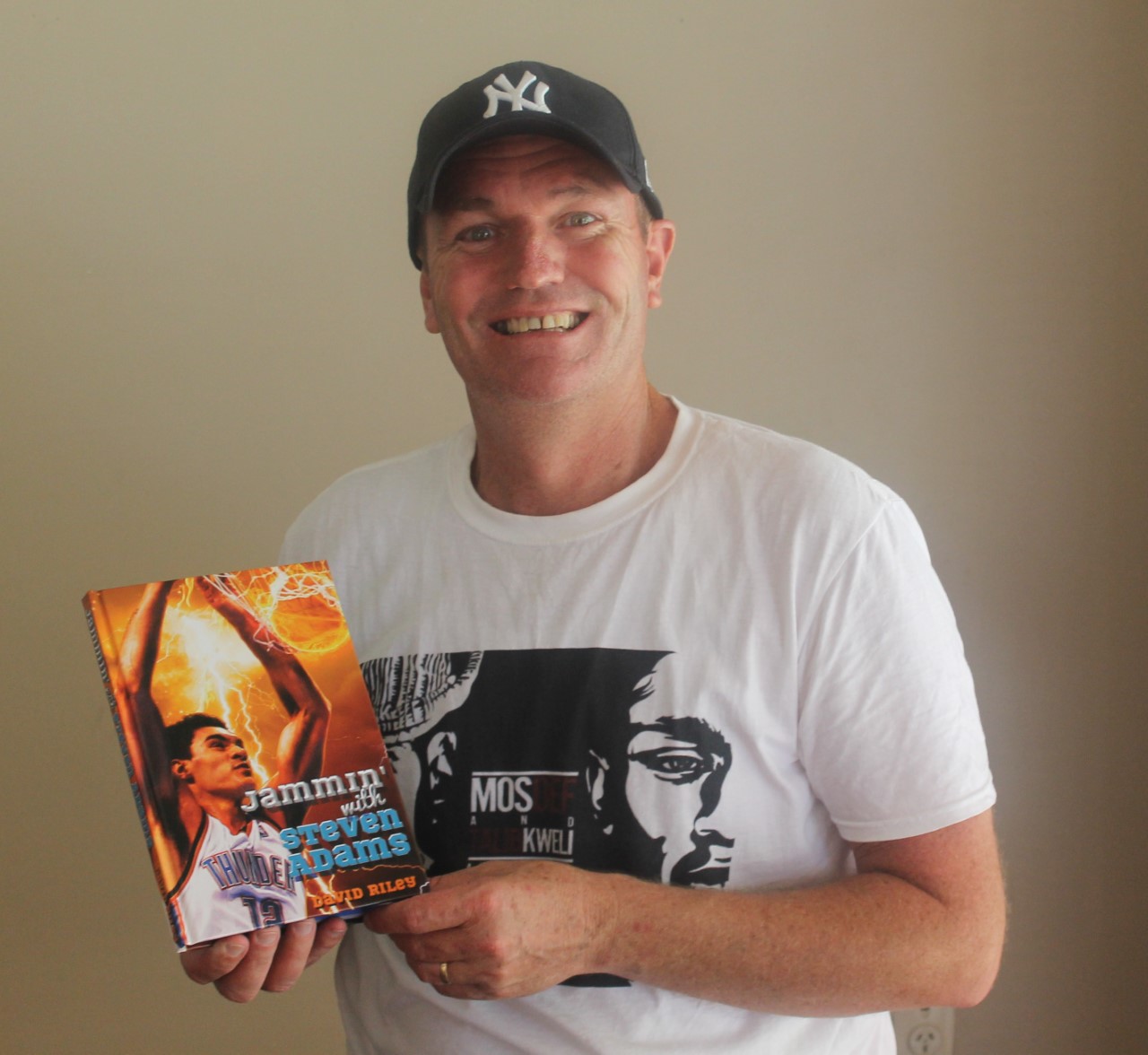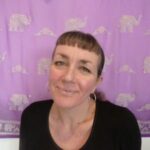David Riley is a Reading Warrior. The biographical niche-cramming South Auckland teacher-turned-author’s mission: to get books into the hands of those for whom reading hasn’t come easily.

A sense of urgency regarding his students’ needs compelled David to pursue a writing career. ‘I had no choice but to do it,’ he says. ‘The young people I was working with couldn’t find books that were written for Maori and Pacific teenage boys. It forced me, which was cool, because there was no emotion involved. I never wrote for ages because I thought you had to have this mysterious talent, be born to be a writer. A writer couldn’t be someone from Mangere named David Riley!’
Inspired by Alan Duff’s Maori Heroes (Random House, 2000) to set an assignment for his students to research a hero from their own culture, he discovered two Niuean students couldn’t find relevant material. He took the advice of Toni Morrison: ‘If you can’t find the book you want to read, you must write it.’
I never wrote for ages because I thought you had to have this mysterious talent, be born to be a writer. A writer couldn’t be someone from Mangere named David Riley!
A Niuean friend encouraged him to push what began as a project intended solely for the students to publication. Working with a publisher for his first book frustrated David. ‘It was so slow! I wrote the book and it was a year later it came out. I was thinking: “Man, I don’t have time to wait!”‘ He took out a $2,000 overdraft to self-publish his second book, Steppin’ With Benji Marshall (Reading Warrior, 2013). Since then, the books have been funding themselves.
Reading Warrior Books
Reading Warrior production values are high, with funky, glossy colour graphics. ‘I try my best to make the book look really appealing for young people, and it costs more. I’ve seen biographies where it’s black-and-white, on cheap paper; more concerned about the money than making the book appealing. What’s the point if kids are not going to read it? Finding really good images is crucial.’
David tries to “hustle” as many photos as he can for free. Online sources like Flickr connect him to sideline fan photographers, who don’t mind sharing their images in exchange for books. When ‘there’s no more hustling to be done’, he turns to Getty Images. They charge him $60 for an interior photo, and $250 for a cover. This gets expensive when he can be looking to buy as many as 30 photos for a book.
Nevertheless, success has meant David has been able to reduce his teaching to part-time to concentrate his energies on writing and publishing, and presenting workshops. He has self-published all but the first of his catalogue, which now contains over 20 titles including the Pasifika Heroes, Reading All Stars, and Reading Warriors series, and stand-alone titles.
‘They don’t even realise they’re reading.’
He is all about meeting kids where they’re at, and overcoming negative reading related experiences. ‘The sports books, I’m targeting boys. You don’t have to do much to sell them on Steven Adams or Joseph Parker. Now they’re reading and they don’t even realise they’re reading.’
Recognising not everyone is into sport, his Pasifika Heroes books draw from further afield. ‘I want to show our kids there are pilots who are Tongan, neuroscientists who are Samoan… just to encourage them with those pathways as well.’
He believes it is particularly important to discover and feed what kids are into, ‘otherwise we are just imposing foreign stuff on them all the time’.
…it is particularly important to discover and feed what kids are into, ‘otherwise we are just imposing foreign stuff on them all the time’.
‘There are still a lot of people working with young people in New Zealand who don’t get them – especially the Maori and Pacific kids – and who struggle to connect with them and understand them, and to see the amazingness in them.’
How to get the famous faces on board
David usually has two or three books on the go at the same time, often collecting material for years, waiting for the right time to turn it into a book. Then it’s time to try and gain the approval of the subject. A case in point is the NBA superstar subject of Jammin’ With Steven Adams (Reading Warrior, 2015). David had no clue how to contact him, but a keen idea the time was right. ‘This was when he hadn’t made it into the NBA yet,’ David recalls. ‘I had a feeling he was going to make it in.’ Bearing in mind that Steven Adams has over 220,000 followers on Facebook, David messaged him. Steven’s eventual response was: ‘Sweet, go for it!’

Although you don’t have to have a subject’s permission to write a biography, David says connected people always ask if you have before agreeing to talk about them. If you do, they tend to give you the unique stories that no one else has heard already. ‘Stories about their challenges, and how they coped, you won’t find that stuff online, and in newspaper articles.’
Often forced to go through managers, he says those who help usually have an affinity with education. There are others who never reply, making David think, ‘I bet if I was a famous person, you’d call me straight back.’ One person he’d love to make contact with and has been unable to is Stan Walker. ‘I just have a feeling if I could just put one of those Reading All Stars books in his hands, he would really support it.’
The latest Pasifika Heroes book, Cook Island Heroes (Reading Warrior, 2017), will be launched at Tupu Youth Library (right around the corner from Tangaroa College in Otara, where David teaches) in Cook Island Language week this August.
‘It’s awesome because kids get to be part of launch of a book. That’s pretty different for a lot of our kids, and for them to see that books are special, that people would put an event on for a book.’ It also helps for the kids to be able to recognise an author as, ‘just a normal guy’, or even ‘our local teacher!’.
…That’s pretty different for a lot of our kids, and for them to see that books are special, that people would put an event on for a book.’
His next (timely) release will be a book on the Rugby League World Cup, coinciding with the World Cup in October. A book on internationally renowned New Zealand motorsport drifter ‘Mad Mike’ Whiddett is also in the pipeline.
The enthusiasm with which he shares his works in progress tells me David will be ‘famous’ for his own achievements before he is done. In spite of having written more books in five years than most people write in a lifetime, he shows no signs of slowing down.
‘This is my time on earth and I’ll be gone soon,’ he reckons. ‘I’ve got to drain everything I can out of myself. You know that thing with the dash, what they say, you’ve got your birth year, and then you’ve got that dash, and then your death year. It’s about how you fill in that dash. I just really want to make a lot of stuff.’
Share the enthusiasm at readingwarrior.com

Bee Trudgeon
Bee Trudgeon is a children’s librarian, writer, strummer, storyteller, dancer in the dark, film buff, perpetual student, and mother of two study buddies. Often spotted urban long-distance walking wearing headphones and a ukulele, she lives in a haunted house in Cannons Creek, and works in Porirua and wherever anyone will have her.



